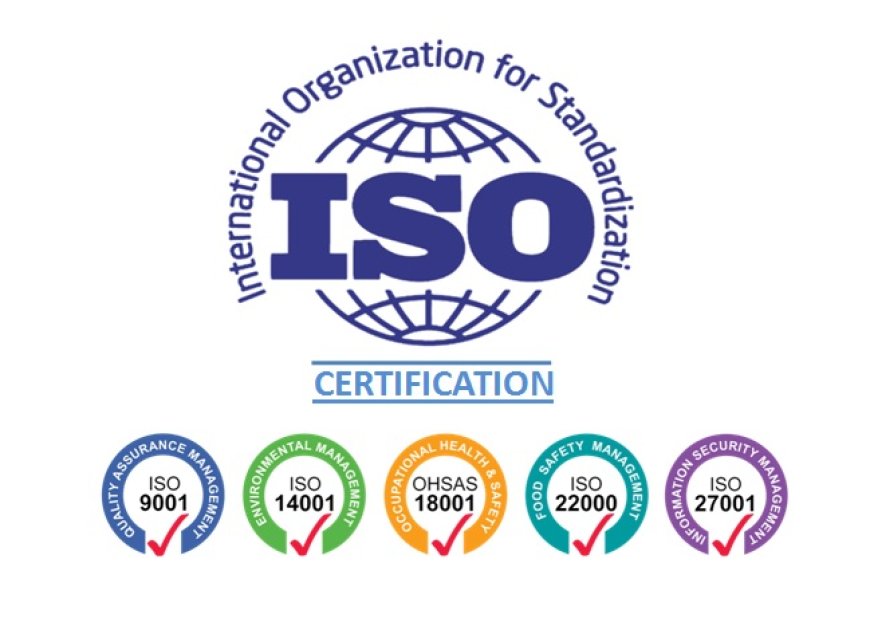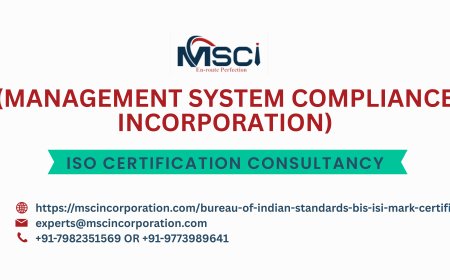Compliance vs. Certification: Which One Does Your Business Really Need?
Understand the key differences between compliance and certification to choose the best path for legal safety, client trust, and business growth.

In todays fast-paced business environment, companies face growing pressure to meet regulatory standards and prove their credibilityespecially when expanding into new markets or courting enterprise clients. That brings us to a critical question:
Should your business focus on compliance,certification, or both?
Lets break it down.
What Is Compliance?
Compliance means following the ruleswhether theyre legal regulations (like GDPR or HIPAA), industry requirements, or internal company policies. Its typicallyinternally driven, often mandatory, and focuses on reducing legal and operational risks.
Youll usually handle compliance through internal audits, documented processes, and regular checks. While it doesnt always require external validation, non-compliance can result in fines, lawsuits, or reputational damage.
What Is Certification?
Certification is aformal recognitionby a third party (like ISO or SOC auditors) that your business meets specific industry standardsthinkISO 27001for cybersecurityorISO 9001 for quality management.
Its not usually legally required but oftenessential to competeespecially in global markets or when dealing with large customers. Certification boosts your credibility and can be the key to landing enterprise deals.
Which Path Is Right for You?
Heres a quick guide based on your business stage or industry:
-
Startups & Small Businesses:
Focus on compliance firstespecially if you handle sensitive data or operate in regulated sectors.
E.g., GDPR for EU users or HIPAA for healthcare apps. -
Scaling SaaS or Tech Companies:
As you move upmarket, clients will demand certifications likeISO 27001orSOC 2to validate your security practices. -
Manufacturing & Supply Chain:
Youll likely needboth. Compliance with safety and environmental laws is a must, while certifications likeISO 9001build trust with partners. -
Healthcare, Finance, or Legal:
Compliance isnt optionalits the baseline. But certification adds a competitive edge and reassures risk-averse clients.
Why Start with Compliance, Then Go for Certification?
Think of compliance as laying the foundationit builds internal discipline, risk mitigation, and regulatory peace of mind.
Certification builds on that, offering anexternal badge of excellencethat sets you apart in competitive, high-trust industries.
Final Thought: Dont ChooseCombine.
Its not aboutcompliancevs.certification. The most resilient, scalable businesses treat it ascompliancethencertification.
Start by meeting your legal obligations. Then take the next stepget certified and showcase your commitment to quality, security, and global readiness.
FAQs
1. Can I be compliant without being certified?
Yes. Compliance is about meeting rules; certification is proof youve done so to a recognized standard.
2. Do I need to be compliant before getting certified?
Its not required, but it helps. Having compliance controls in place makes certification faster and more successful.
3. How long do certifications last?
Most ISO standards are valid for 3 years with annual surveillance audits.
4. What are some popular compliance frameworks?
-
GDPR (EU data privacy)
-
HIPAA (US healthcare)
-
PCI DSS (payment security)
-
SOC 2 (cloud security & privacy)
5. Is ISO certification mandatory?
Nobut for many industries and clients, its expected.

























